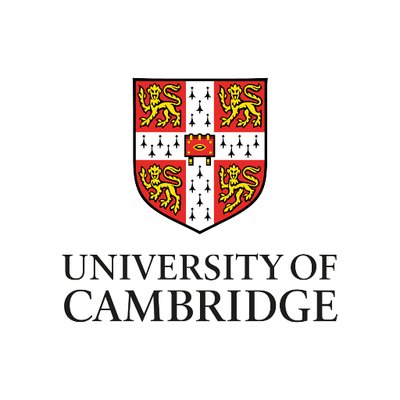University of Cambridge: Economic sanctions in Russia risk breaking international law if they lead to global food shortages
One of the consequences of any war is food insecurity. This is due to the break in the food chain and the scarcity of production that affects a nation suffering invasion or one that is already being attacked by rockets and guns. Yet, Russia’s decision to attack Ukraine presents some particularities. It places both countries at the forefront of food insecurity, impacting them as well as other nations, even though the severity of insecurity depends on the capacity of each country to provide for its own people.
Although war often causes food insecurity to belligerent states, Russia is an important player in the global food chain. It is the world´s largest exporter of oil to global energy markets, and a big player in the global food chain as an exporter and importer of food, fertilisers and other food products.
This war and the sanctions imposed will therefore spread a wave of food insecurity throughout the world’s interconnected food production system.
The partnership between the West and Russia in the global food chain is not new. In 1972, despite the cold war, the former USSR and the US signed the Soviet-American Grain Agreement, marking the beginning of what is today a strong interdependence among Western economies and Russia in the food system.
More recently, in 1997, Russia and the EU signed a bilateral Partnership and Cooperation Agreement (PCA) stating the aim to develop mutually beneficial economic relations. Today, the EU is one of the major trade partners, importing wheat and gas and paying more than $80b to Russia. Scarcity of these products will result in an immediate price increase, not only of food, but of the cost of the entire food system, due to the scarcity of gas and fuel.
The whole global food system will also be affected, as the lack of chemical fertilisers imported from Russia could generate a crisis even more severe than the one in 2008.
Economic sanctions and human rights
Economic sanctions should be an instrument to achieving peace. Following the recommendation of the General Assembly of the United Nations (AG) (and despite the absence of a Security Council decision) some states decided to declare economic sanctions against Russia. It should be noted that an AG Resolution passed on 2nd March deplored in the strongest terms the aggression by the Russian Federation against Ukraine, with the support of 141 Member States, and also called for the respect of humanitarian practices and human rights.
The economic sanctions that were recently imposed against Russia are in accordance with international law. But if they lead to food insecurity and even famine, they are against human rights and might, therefore, be viewed as illegal.
The UN Committee on Economic, Social and Cultural Rights, which publishes its interpretation of international law in relation to economics and human rights, said in 1997: “sanctions often cause significant disruption in the distribution of food, pharmaceuticals and sanitation supplies, jeopardise the quality of food and the availability of clean drinking water.”
It concluded that:
“inhabitants of a given country do not forfeit their basic economic, social and cultural rights by virtue of any determination that their leaders have violated norms relating to international peace and security. The aim… is to insist that lawlessness of one kind should not be met by lawlessness of another kind which pays no heed to the fundamental rights that underlie and give legitimacy to any such collective action.”
Not all economic sanctions against Russia are likely to lead to food insecurity. But financial and trade sanctions that affect production and consumption – due to price increase or material scarcity – throughout the global food chain will severely damage the already fragile balance.
Humanity’s fundamental economic, social and cultural rights are recognised as norms of general international law. The European Court of Justice has held that these norms constitute a basis for placing limits upon the principle that resolutions of the Security Council have a binding effect. In other words, some international rules take priority over others because they affect the human rights of the international community as a whole. Any decision or rule that harms them also harms the entire system of international law.
The global interdependence of food production could be severely harmed by this war, and consequently so too could the human right of access to food.
The global food system is indispensable for the maintenance and wellbeing of world society and can be considered a public good. It must be protected by law, and the collective supply of this public good raises problems related to human rights, especially the right to affordable food.
In our global interconnected market, food is seen by sellers and suppliers as a commodity. But from the perspective of humanity, the right to have food is a human right, and cannot be subject to the interests of states and corporations.

